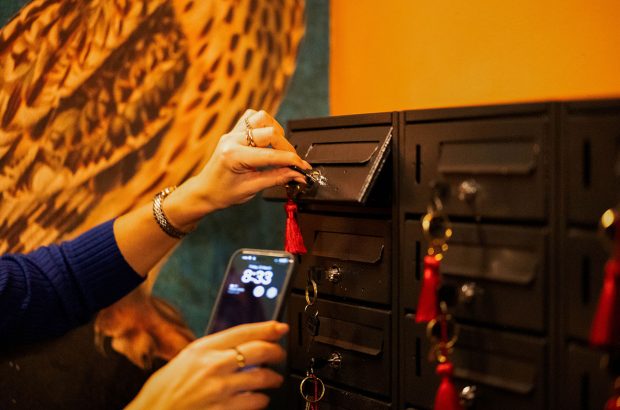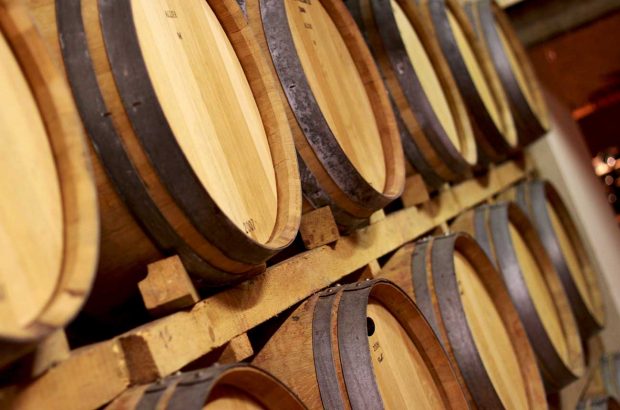The Australian wine industry is set to adopt the terms ‘apera’ and ‘topaque’ to replace Sherry and Tokay, or Tokaji, wine styles.
The changes are among the last to be made under the Trade in Wine Agreement (TWA) between the European Community and Australia. The agreement binds Australia to phasing out traditional European names and expressions for its wines.
Other planned changes include new words for Sherry descriptors such as ‘fino’ and ‘flor’. They will be replaced with names to be announced next month by a Winemakers’ Federation of Australia (WFA) committee that is overseeing the changes.
In exchange, Brussels will recognise winemaking techniques used in Australia but banned in Europe. Oak chips and staves are among them.
The TWA was first published in 1993, and replaced in 2005 to cover new EC member countries. It was finally ratified in December when the last protected names were agreed upon, and is due to be legislated later this year.
Meanwhile, Australian producers have been voluntarily phasing out European traditional names and expressions by, and in many cases before, agreed dates.
Beujolais, Cava and Frascati were among the first to be removed from Australian labels. ‘Champagne’ has not been used for several years, being replaced by ‘sparkling’ or brand names.
WFA committee manager Kevin Bascombe said the new names for Sherry and Tokay had been identified during the market research phase of an AUS$1m (£0.4m) project.
Part-funded by the Australian government, the studies’ aims had included finding ways to reinvigorate the country’s fortified wine industry.
Written by Chris Snow in Adelaide




